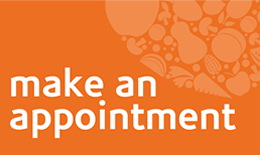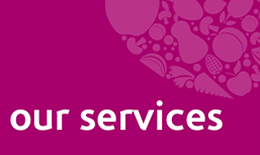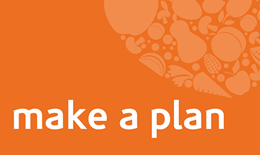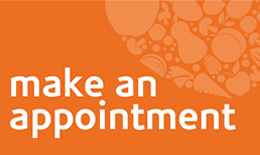
|

|

|

|
Coeliac Disease
Are you having issues with your digestive system?
If so, it is really important to know how strict you need to be with the gluten in your diet.
It is really important to know if you do or do not have Coeliac disease.
Coeliac disease is a medical condition where the immune system of the body reacts to gluten in the diet. Once diagnosed, it is important to eat a very strict gluten-free diet for the rest of your life.
If you do not have Coeliac disease, you can be less strict with the amount of gluten that you eat.
The first important thing to understand is how you get tested for Coeliac disease.
This medical condition must be diagnosed accurately by a Gastroenterologist. But talk to your GP first, so they can do some preliminary tests.
You can only be diagnosed accurately if you are still eating foods containing gluten. If you have already cut down on the gluten in your diet, then talk to Sue about what to do.
It is a fact that there are many people who have Coeliac disease, yet they themselves do not yet know it.
Undiagnosed Coeliac disease can lead to serious medical complications including infertility, depression, osteoporosis, gastrointestinal cancers, chronic ill health, health conditions linked to autoimmune diseases and more.
Symptoms of undiagnosed Coeliac disease vary so much. Some people actually do not have obvious symptoms. If you are not sure, it is worth getting this sorted out, as the implications of eating gluten can be serious.
If you are diagnosed with Coeliac disease, you will need to understand how to make your diet strictly gluten free.
Sue can help you with understanding the following:
- Which foods are naturally gluten free
- How to read a food label to check if it is actually gluten free
- How to make sure there is no cross contamination between gluten-containing foods and your foods
- How to manage the gluten free diet alongside other nutrition issues such as low iron, lactose intolerance, diabetes
- How to correct any nutritional deficiencies with your diet eg calcium, iron, vitamin B12
- Eating out
- Recipe modification
- Which gluten free foods are low GI?
- Understand how low GI, gluten free foods may be important
- How to make sure you have enough fibre
- What about oats?
- Weight and appetite management on a gluten free diet
- Where to buy gluten free foods
When you first start on a gluten free diet, you will be focusing on some new things.
After a while, you will feel comfortable about how to manage your daily eating without gluten.
Some diet issues are important to manage over the long term.
It is good to check in with Sue about your diet once you have been following your gluten free diet for a while, so you can discuss the long term diet and health issues.
Just as you might regularly get your teeth checked, and regularly get your car serviced, it is also a good idea to get your eating habits checked. Why not make an appointment with Sue now, to have your diet check-up. Make an appointment








